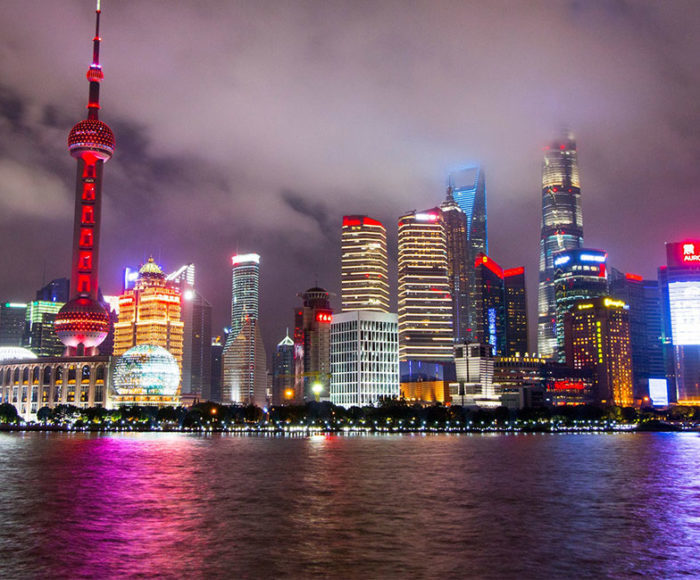Deglobalization is reshaping how nations access and manage critical resources. Deglobalization refers to the retreat from global economic integration, marked by reduced trade, investment, and cross-border cooperation. This shift is driven by geopolitical tensions, national security concerns, and the desire for economic self-sufficiency.
As countries pull back from global interdependence, critical resource supply chains, which deliver essential materials like rare earths, semiconductors, and pharmaceuticals, are being fundamentally transformed. In this short piece, I share some thoughts on what deglobalization means for critical resource supply chains and how global trade could evolve in coming years.
Countries are reshoring production to reduce foreign dependency
One of the most visible impacts of deglobalization is the reshoring of manufacturing and resource processing. For example, the United States passed the CHIPS and Science Act in 2022, allocating roughly $280 billion to boost domestic semiconductor production. This move was a direct response to the global chip shortage and growing concerns over reliance on suppliers from other regions. By investing in local fabrication plants, the US aims to secure its supply of semiconductors, which are vital for everything from smartphones to military systems.
Similarly, the European Union has launched initiatives to reduce its dependence on other countries for rare earth elements, which are essential for green technologies like wind turbines and electric vehicles. The European Critical Raw Materials Act supports domestic mining, recycling, and international partnerships to diversify supply sources.
Geopolitical conflicts are accelerating the shift toward self-sufficiency
Geopolitical conflict accelerates deglobalization as it turns what would ordinarily be considered global cooperation into a strategic risk when it comes to sourcing critical resources from external suppliers. For instance, European nations have recently accelerated investments in renewable energy, liquefied natural gas (LNG) terminals, and strategic energy reserves to reduce vulnerability to external shocks following geopolitical conflicts. Such conflicts underscore the risks of over-reliance on a single supplier and reinforce the trend toward energy independence and diversified sourcing.

Export controls and trade restrictions are fragmenting global supply chains
Deglobalization is also manifesting through export controls and trade restrictions, particularly in the technology sector. Some countries impose strict export controls on advanced semiconductors and manufacturing equipment, aiming to protect local industries and prevent foreign suppliers from gaining or consolidating superiority over their local suppliers. Other countries are accelerating efforts to develop self-reliant semiconductor industries, investing billions in domestic chip design and fabrication.
This fragmentation is creating parallel supply chains, increasing costs, and reducing efficiency. Companies now face the challenge of navigating two increasingly distinct technological ecosystems, which complicates global operations and innovation.
The COVID-19 pandemic exposed vulnerabilities in medical supply chains
The COVID-19 pandemic revealed the fragility of global supply chains for medical supplies and pharmaceuticals. Countries imposed export bans on personal protective equipment (PPE), ventilators, and vaccines, leading to global shortages. In response, many nations began reshoring pharmaceutical production and building strategic stockpiles of essential medical goods.
For instance, India and the US have both invested in domestic production of active pharmaceutical ingredients (APIs) to reduce reliance on foreign suppliers. This shift is part of a broader trend toward health security and supply chain resilience.
Deglobalization is increasing costs but enhancing resilience
While deglobalization often leads to higher production costs due to less efficient, localized supply chains, it also enhances resilience. By diversifying sources, investing in domestic capabilities, and reducing dependency on geopolitical rivals, countries can better withstand global shocks.
However, this transition is not without trade-offs. The move away from global integration can slow innovation, increase prices for consumers, and strain international cooperation. Balancing national security with economic efficiency will be a key challenge in the years ahead.
|
by Doğan Erbek and STF Team |




